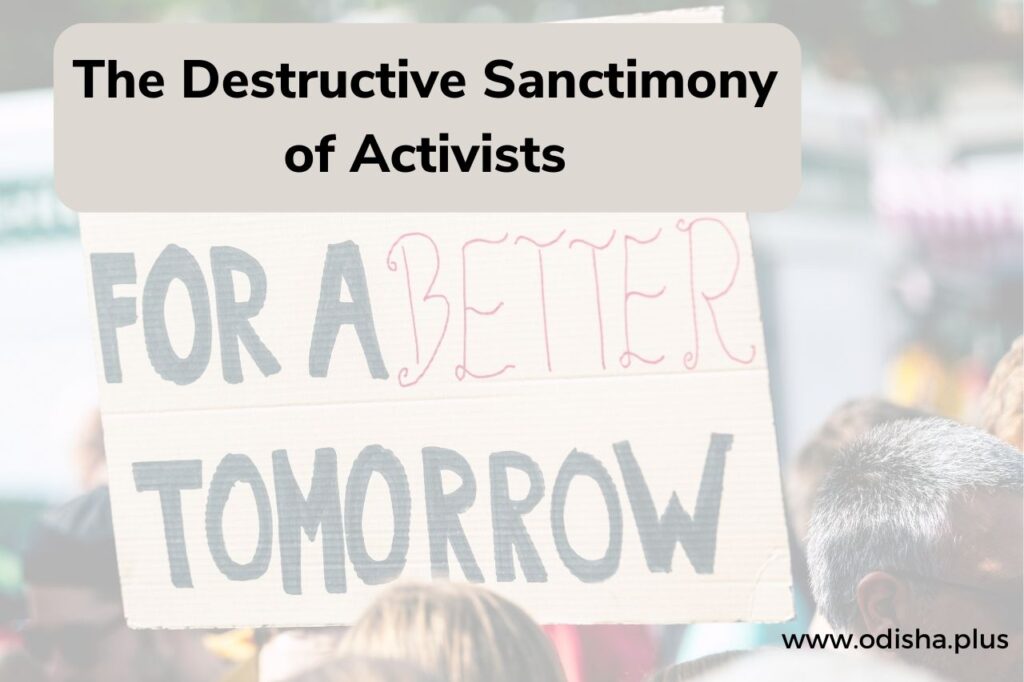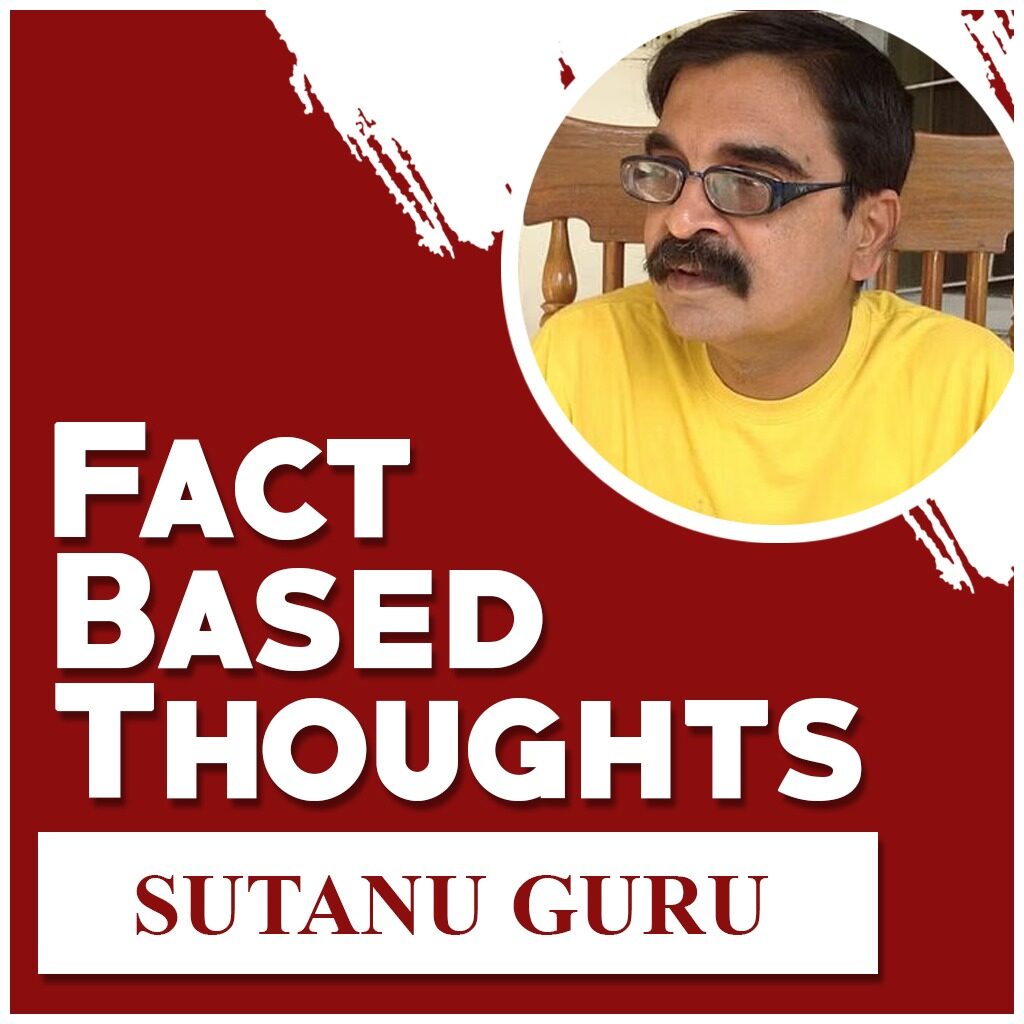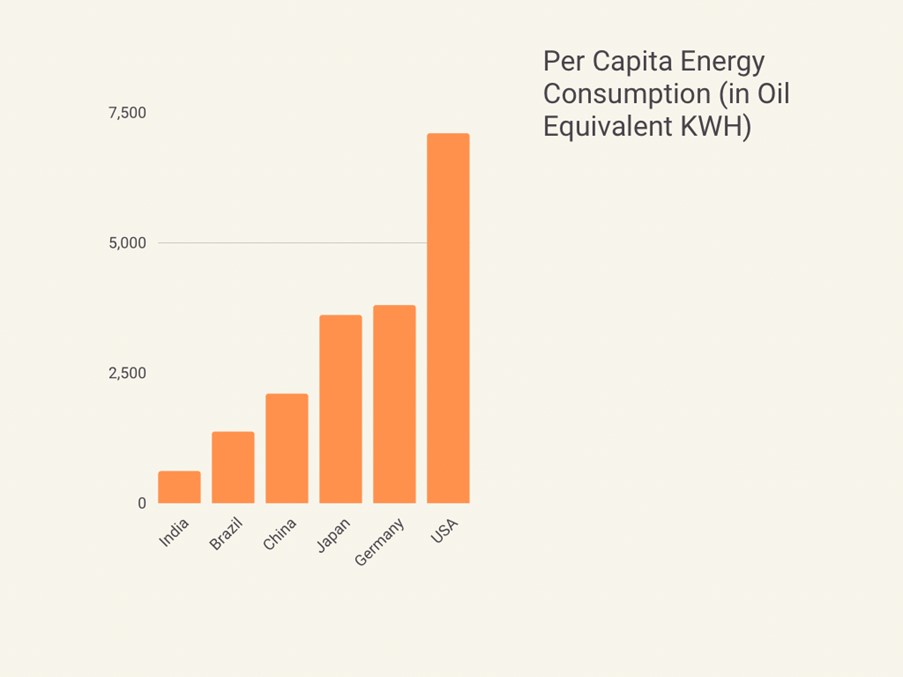Sutanu Guru
You can argue when science and data is part of the debate. But when that is replaced by evangelism, God Help…This tired old cliché remains extremely valid even now: The road to hell is paved with noble intentions.

Recently, the author had a spirited argument with a Left leaning former colleague. The topic was the decision by some state governments to amend labour laws so that workers in factories could work 12-hour shifts.

Frothing in the mouth, he denounced the move as evil exploitation of workers at the behest of “crony capitalists”. So strong has been the pushback from “labour” activists that the state government of Tamil Nadu has deferred a legislation to legally allow 12-hour work shifts.
When the author pointed out that 12-hour work shifts were the norm in factories in China for about 40 years and were one reason, apart from less red tape and high-quality infrastructure, that enabled China to become the manufacturing centre of the world, the former colleague insisted you can’t compare China with India.
The author bravely pointed out another set of data: Bangladesh had allowed 12 hour shifts in garment factories and now garment exports from Bangladesh were going to be double that of India. The former colleague launched a tirade against Ambanis and Adanis. When the author gently suggested that real life workers might welcome 12-hour shifts as it will lead to a big jump in their family incomes, the former colleague resorted to the last refuge of activists: They don’t know or understand what is good for them.
Activism has played a major role in improving societies, reducing injustice and giving a voice to the poor and the marginalised. But it has been afflicted by destructive sanctimony for a while; a kind of holier than thou evangelism where the activists are convinced only they have the answers. The rest are either greedy exploiters or ignorant simpletons.
Anyone who has seen and heard the environmental activist Greta Thurnberg would know what the author is talking about. It is activists in the mould of Greta that led protests against the “polluting” Sterlite copper plant in Thoothukudi in Tamil Nadu. Many died in police firing when “activists” resorted to wanton violence.
The Sterlite factory remains shut for five years; India has become a net importer of copper and tens of thousands of ordinary folks have lost their livelihoods. The pollution caused by the Sterlite copper factory could have been controlled and reduced by other means if the allegations of activists were true. But then the “I Know Best” syndrome triggered disaster.
The most controversial debate of contemporary times (apart from the evergreen religious debates) has revolved around pollution, environmental damage and climate change. Only the blind, deaf and dumb would say that these are not serious challenges facing India.
Action tends to be taken. But the “know it all” activists insist on “solutions” that would destroy millions of livelihoods. More worrisome is the fact that quasi-judicial and judicial bodies seem to be succumbing to this kind of virtue signaling. About 10 years ago, the National Green Tribunal passed a sweeping order banning all construction in a 10 kilometre range from the Okhla bird sanctuary. More than 100,000 buildings and housing societies already constructed or under construction were directly affected.
Mercifully, better sense prevailed and the Supreme Court worked out a pragmatic solution. The problem is: as economic prosperity rises in India, pollution and environmental stress will inevitably rise. The chart explains how much catching up India has to do in terms of energy consumption that is a key barometer of prosperity.

India needs pragmatic solutions to environmental challenges. About 18 cities of India feature in the list of top 20 polluted cities in the world. Things can be turned around.
Till about 15 years ago, many Chinese cities including Beijing and Shanghai were among the most polluted cities in the world. No longer. India too can do this. But not by succumbing to virtue signaling activists.
The most telling example of this is the blanket ban on firecrackers during Diwali imposed by the Supreme Court in Delhi. There is no doubt that the use of firecrackers leads to a spike in pollution. But that lasts only a few days. How does one explain alarming levels of Air Quality Index in late January, many months after Diwali?
Numerous scientific studies have shown that firecrackers constitute an insignificant part of year-round pollution in Delhi. But hey, woke individuals and activists deem firecrackers are bad. So, ban them and the problem is solved. Who cares for the hundreds of thousands of livelihoods destroyed as a result?
There is not enough space in this column to point out many such instances of the destructive sanctimony of activists. But the author would single out the prolonged agitation against the Sardar Sarovar or Narmada Dam as yet another classic example. So fierce was the activism against the lifeline of Gujarat that even the World Bank withdrew from the project.
The leader of the movement Medha Patkar insisted, among other things, that the Narmada waters would never reach the arid and parched regions of Kutch and Saurashtra in Gujarat. The waters have reached and many farmers who once struggled to eke out an existence have become millionaires. The productivity of cotton farming has gone up from 600 kg per hectare pre-Narmada to 1100 kg per hectare after the Narmada Dam waters became a reality.
But activists continue to insist they know better and continue to describe the Narmada Dam as an environmental disaster. You can argue when science and data is part of the debate. But when that is replaced by evangelism, God Help…This tired old cliché remains extremely valid even now: The road to hell is paved with noble intentions.
(Author has been a media professional for over 3 decades. He is now Executive Director, C Voter Foundation. Views are Personal)






















